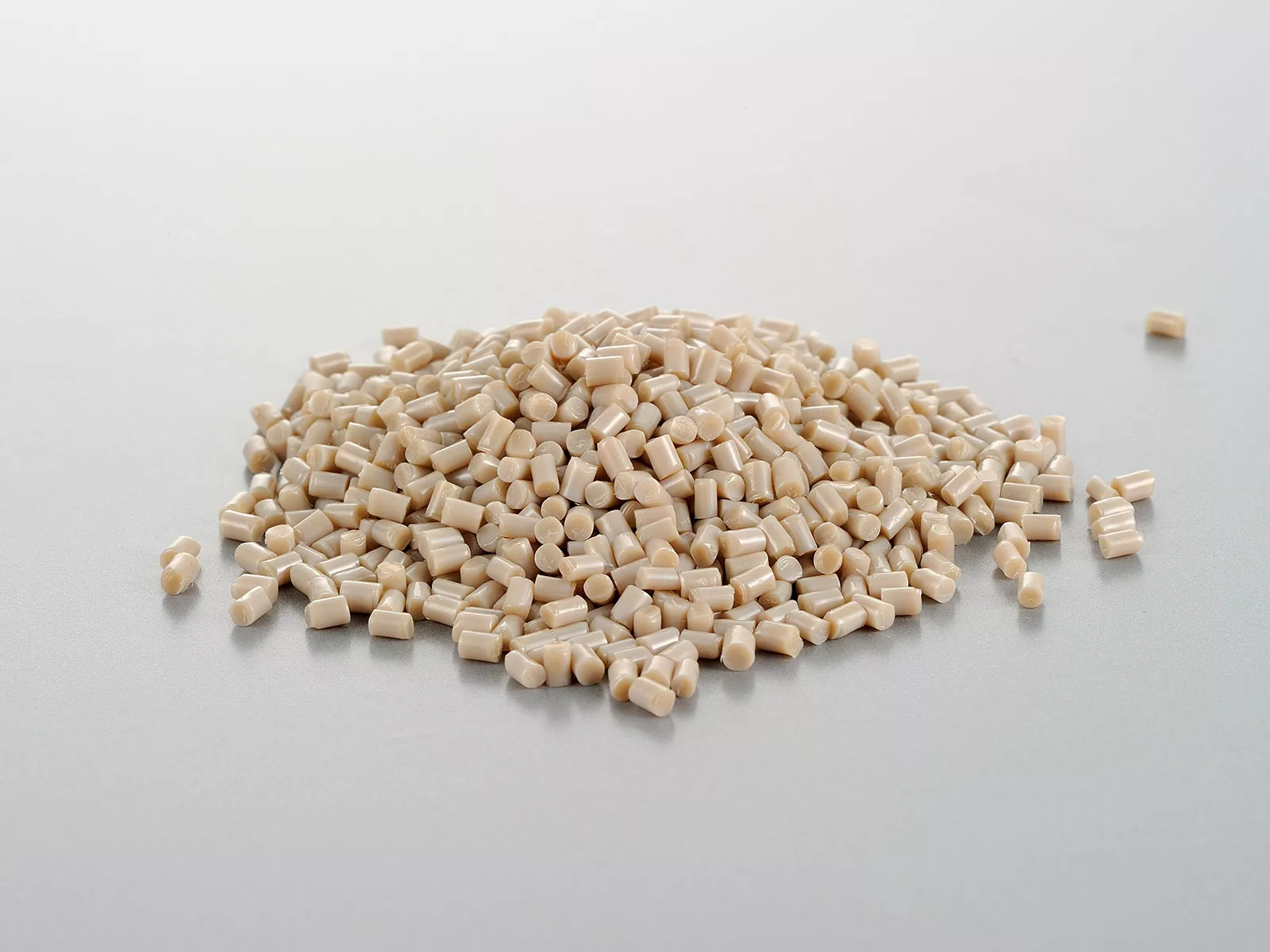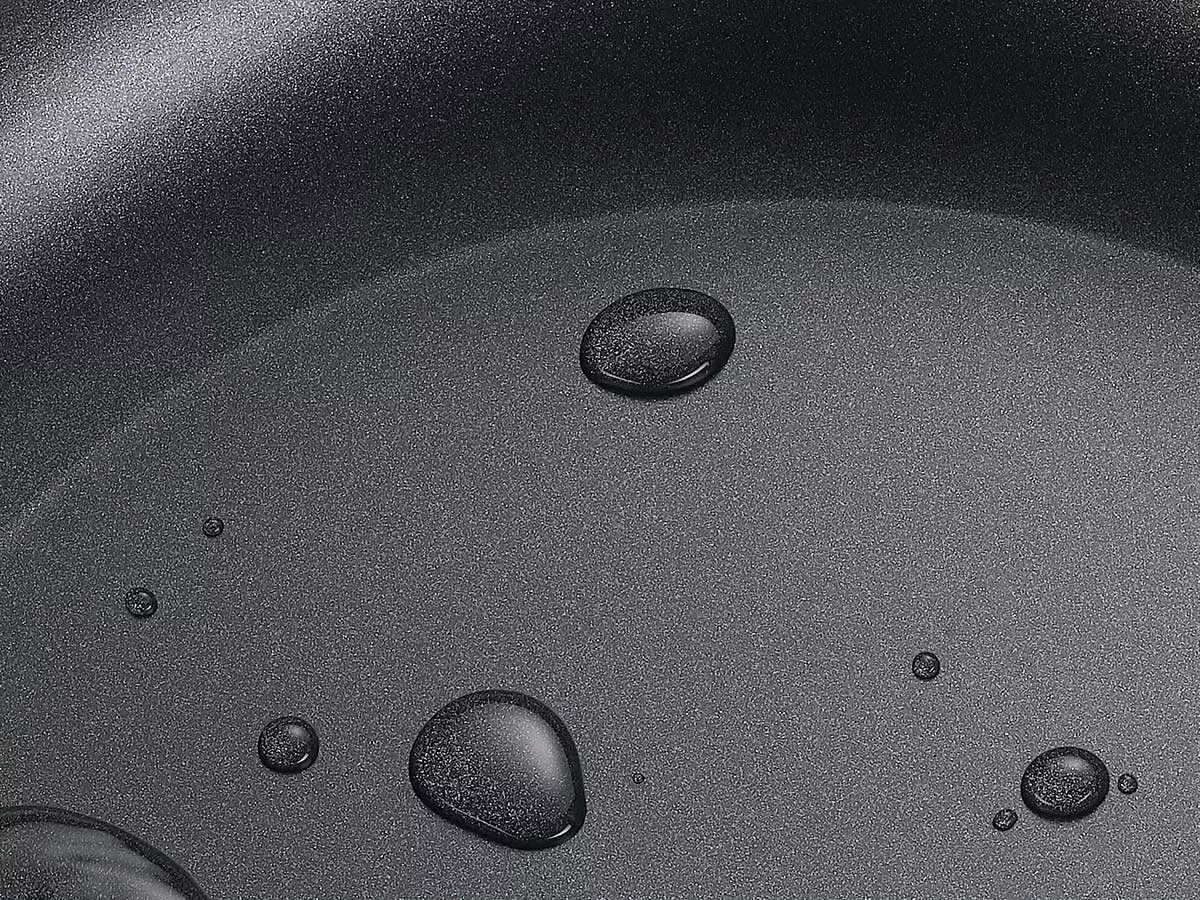Choosing the right cookware can significantly impact your cooking experience and the quality of your meals. Two popular options are marble-coated and granite-coated cookware. Both have their unique features, benefits, and potential drawbacks. This article compares marble and granite coatings to help you determine which is better for your kitchen.
Understanding Marble and Granite Coatings
1. Marble Coating
1.1 Composition
Marble-coated cookware typically features a non-stick surface made by embedding marble particles into a non-stick base, often PTFE (Teflon). The marble particles provide additional durability and a distinctive appearance.
1.2 Characteristics
- Smooth Surface: Marble coating offers a smooth, non-stick surface that allows for easy food release and cleaning.
- Aesthetic Appeal: The marble coating gives cookware a visually appealing look, often with a white or gray marbled pattern.
2. Granite Coating
2.1 Composition
Granite-coated cookware usually has a base layer of PTFE, ceramic, or another non-stick material, with granite particles embedded into the surface. This gives the cookware a rugged and durable finish.
2.2 Characteristics
- Textured Surface: Granite coating provides a slightly textured, non-stick surface that is durable and resistant to scratches.
- Rustic Appearance: The granite coating often features a black or dark gray speckled pattern, giving it a rustic and robust look.
Comparing Marble and Granite Coatings
1. Durability
1.1 Marble Coating
Marble-coated cookware is durable and resistant to wear and tear. However, it may be less resistant to scratches compared to granite-coated cookware. Proper care, such as using wooden or silicone utensils, can extend its lifespan.
1.2 Granite Coating
Granite-coated cookware is known for its high durability and scratch resistance. The embedded granite particles provide a robust surface that can withstand frequent use and metal utensils, although it’s still advisable to use gentler utensils to maintain the coating.
2. Non-Stick Performance
1.1 Marble Coating
The non-stick properties of marble-coated cookware are excellent, allowing for easy food release and minimal use of cooking oils or fats. This makes it ideal for low-fat cooking and easy cleanup.
1.2 Granite Coating
Granite-coated cookware also offers superior non-stick performance. Food slides off easily, and the surface is less likely to chip or wear down over time, maintaining its non-stick capabilities longer.
3. Heat Distribution and Retention
1.1 Marble Coating
Marble-coated cookware generally heats evenly and retains heat well, providing consistent cooking results. The smooth surface ensures even heat distribution across the cooking surface.
1.2 Granite Coating
Granite-coated cookware also excels in heat distribution and retention. The slightly textured surface may affect heat distribution slightly, but it generally provides excellent cooking performance.
4. Weight and Handling
1.1 Marble Coating
Marble-coated cookware tends to be lighter, making it easier to handle and maneuver, especially for those who prefer lightweight cookware.
1.2 Granite Coating
Granite-coated cookware is usually heavier due to the granite particles, which can make it feel more robust and durable. However, this added weight can make it more challenging to handle, especially for larger pieces.
5. Aesthetic Appeal
1.1 Marble Coating
Marble-coated cookware offers a sleek and modern look, with a distinctive marbled pattern that can add a touch of elegance to your kitchen.
1.2 Granite Coating
Granite-coated cookware has a rugged and rustic appearance, with a speckled pattern that gives it a robust and traditional look.
Comparison Table of Marble and Granite Coatings.
| Feature | Marble Coating | Granite Coating |
|---|---|---|
| Appearance | Elegant and smooth with distinctive veining patterns. Offers a classic, luxurious look. | Grainy texture with a speckled appearance due to its mineral content. Provides a rugged, natural look. |
| Durability | Softer and more porous than granite, making it more susceptible to scratches and stains. | Extremely hard and durable, highly resistant to scratches and stains. |
| Maintenance | Requires regular sealing to prevent staining and water damage. | Lower maintenance than marble; periodic sealing is recommended to maintain its shine and prevent staining. |
| Heat Resistance | Good heat resistance, but susceptible to heat damage if exposed to very high temperatures. | Excellent heat resistance, ideal for kitchens where hot items might be placed directly on the surface. |
| Cost | Generally more expensive due to its perceived luxury and aesthetic qualities. | Slightly less expensive than marble, but cost can vary depending on the type and rarity of the granite. |
| Applications | Ideal for bathrooms, sculptures, and areas where aesthetic appeal is a priority over functionality. | Perfect for high-traffic areas like kitchen countertops, floors, and outdoor applications due to its toughness. |
| Environmental Impact | Quarrying can be environmentally disruptive; however, it can be recycled and used in other forms. | Similar environmental impact as marble in terms of quarrying, but widely available and often sourced domestically. |
Conclusion
Both marble-coated and granite-coated cookware offer excellent non-stick performance, durability, and aesthetic appeal. The choice between the two depends on your specific needs and preferences:
- Choose Marble Coating: If you prefer lighter cookware with a sleek and modern appearance.
- Choose Granite Coating: If you want highly durable, scratch-resistant cookware with a rustic and robust look.
Ultimately, both types of cookware can provide a great cooking experience, making them valuable additions to any kitchen. Consider your cooking habits, aesthetic preferences, and handling needs when making your decision.





